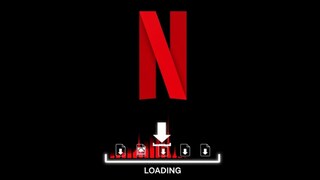Google Pixel Drop July 2025 Update Brings Gemini AI Pro For Pixel 9 Pro Users And Veo 3 Model

It’s a headline that could make any tech lover do a double-take. Researchers at Japan’s National Institute of Information and Communications Technology (NICT) have achieved the fastest internet speed ever recorded, a mind-blowing 1.02 petabits per second. To put that into perspective, this is one million gigabytes per second, fast enough to download the entire Netflix library in a blink.
What’s more astonishing is how they did it. Japanese engineers didn’t use futuristic, oversized technology. Instead, they used fiber optic cables that are exactly the same size as those already in global use, meaning this isn’t science fiction; it’s a real breakthrough with very real-world potential.
“This speed is so fast that you can download 1,27,000 years of music or stream 10 million 8K videos at the same time," researchers said.
Although this lightning-fast internet isn’t available for household use yet, the implications are enormous. The breakthrough lays the groundwork for the next generation of internet infrastructure, including 6G mobile networks and high-capacity undersea data cables – both critical to supporting the world’s ever-growing appetite for data.
The record-breaking speed was achieved using an advanced 19-core coupled optical fiber system. Unlike conventional cables that have a single data path, these specially engineered fibers allow for multiple parallel data streams. The researchers successfully transmitted data at 1.02 petabits per second over a distance of 1,808 kilometres (1,118 miles) using standard-sized fiber.
This approach represents not just a jump in speed, but a shift in how data could be handled and delivered across continents in the future. The technology could revolutionise global communication, giving cloud computing, AI, streaming, and next-gen apps the infrastructure they’ll need to thrive.
This development is being hailed as a significant milestone in the ongoing evolution of digital connectivity. While consumer rollout is still years away, such research signals a major shift toward more powerful, scalable networks.
So, while you may not be able to download your favourite show at petabit speeds just yet, this breakthrough brings us one step closer to an era where buffering and lag become relics of the past.
view comments